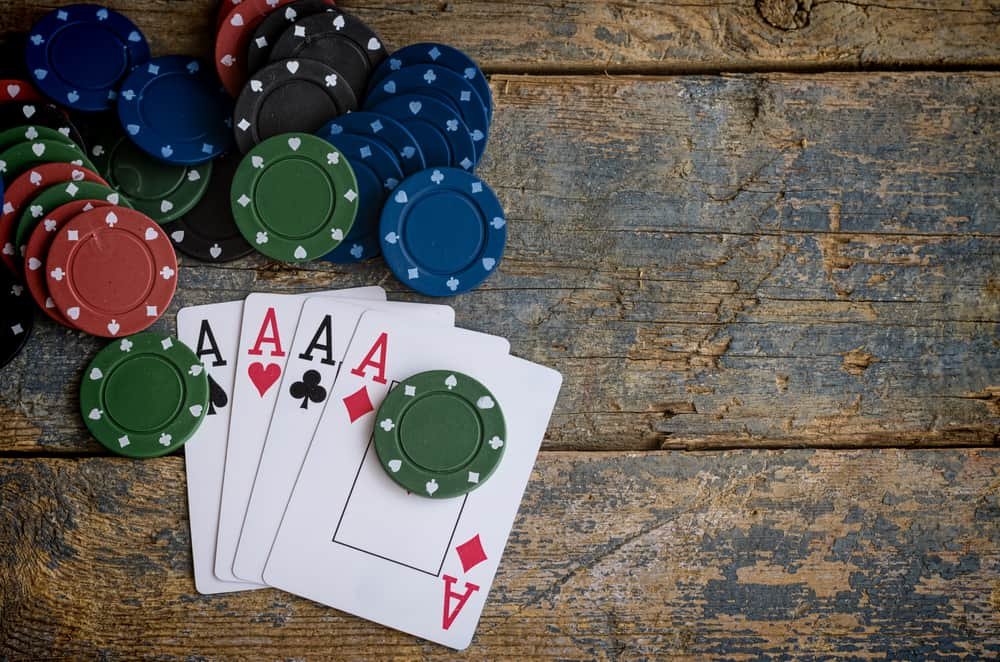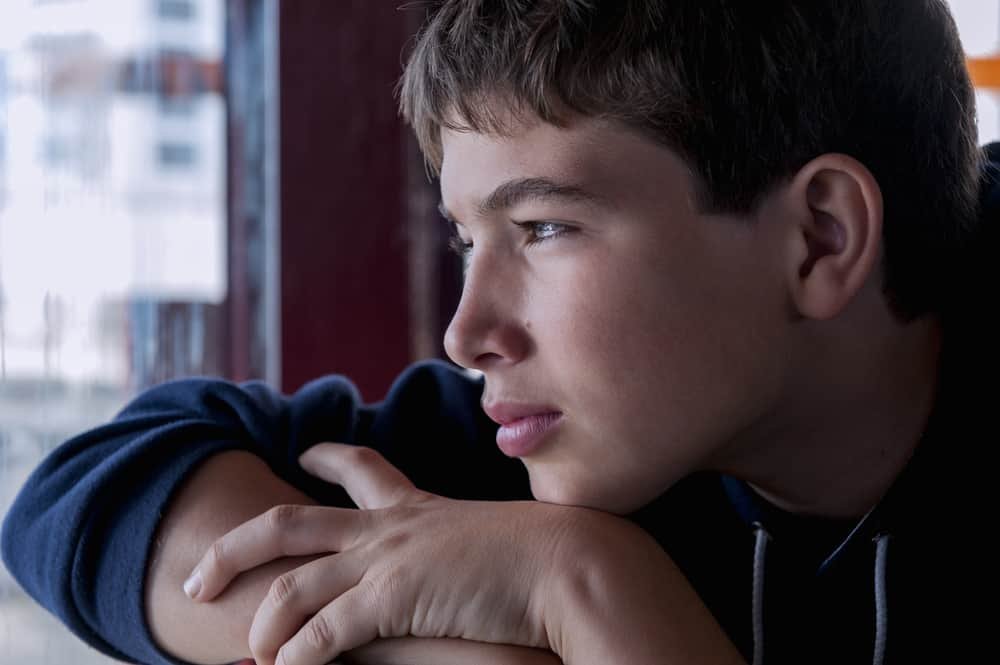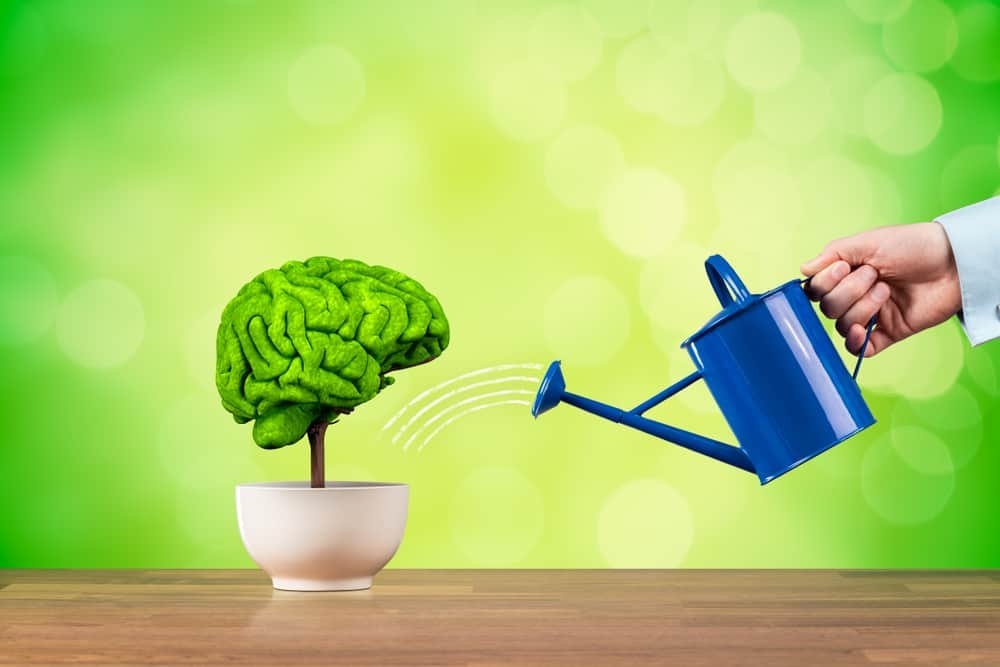Last Updated on January 7, 2024 by Gamesver Team and JC Franco

There is no doubt that your child’s school is teaching him/her basic arithmetic, reading, and writing, but who’s teaching your child to be “street smart”?
Unfortunately, most schools only teach kids basic life skills, and some parents have started wondering if it is really prepping their kids for real life. That brings us to the topic of teaching Poker skills in schools. What would you say/feel if your child’s school started teaching Poker skills to your child? I, for one, would be 100% on board, and I will tell you why!
These are 10 reasons why Poker should be taught in schools.
- Cements long term friendships,
- Teaches kids about taking risks,
- Eliminates gullible thought process,
- Develops critical thinking skills,
- Improves on interpretive and analytical skills,
- Provides an opportunity for group & family bonding,
- Improves memory,
- Develops money management skills,
- Is all-inclusive and non-competitive,
- Teaches kids to recognize and deal with emotions.
You have probably never thought that learning Poker could be such a good thing for your kids, have you? As it turns out, Poker is not just a game. It is a game that teaches strategy and better life management skills.
The earlier kids are taught to play it, the better it is for them – at least that is what a lot of sources are saying. Of course, when kids are taught to play Poker, they should be taught to do so in moderation and with a responsible approach.
For the parents that want a bit more information on the benefits of learning Poker in school, I took the time to dig a little deeper into the already-known benefits. I share these below.
How Kids Can Benefit From Being Taught Poker in School

Want to learn more about the 10 reasons why kids should learn Poker at school? I have taken the time to explain each of them a bit more in the sections below.
1. Poker cements long-term friendships.
When you think of friendships forming with kids, you often think of kids playing together on the playground or getting involved in sports, don’t you?
Unfortunately, these forms of bonding do not always end up in long term friendships. This is mostly because not all kids can get involved, and some kids outgrow the activities that sparked their friendship in the first place. This means that a lot of friendships that start out thriving simply dwindle away.
With Poker, there is a greater chance that kids who learn to play together will form long-lasting friendships. Poker has no age limit, and the best part is that all kids can get involved – even those in wheelchairs.
2. Poker teaches kids about taking risks.
Poker is not only a game that can be logically played; there is a lot of risks involved for all of the players. Kids learning to play Poker will discover to determine for themselves when the risk is worth it, and when it is not.
Kids that start out as reckless risk-takers will soon learn to assess situations and take calculated risks, instead of putting themselves at unnecessary risk of losses. It is hard to teach kids this valuable lesson in regular school classrooms, but Poker provides a viable opportunity to do that.

3. Learning Poker eliminates gullible thought processes.
Kids are often gullible as they do not quite know the risk of being deceived just yet. Only life experiences can truly teach someone to stop being naïve or gullible. The term “Poker face” is something that kids learn to use and try to determine during a game of Poker.
For a child to realize if an opponent is bluffing or not, they have to learn to put naïve and gullible thinking aside and to be open to the possibility that anyone will deceive them with the purpose of winning. Kids that would otherwise remain gullible for many years can be freed of the affliction far sooner with regular exposure to Poker playing.
4. Playing Poker develops critical thinking skills.
Unfortunately, the digital age of social media and instant online gratification has stopped kids developing critical thinking skills. Critical thinking is a skill. It is the ability to analyze and evaluate a situation in order to come to a judgment alone.
When someone applies critical thinking, they can determine what they think of the situation and can also decide the best course of action based on their own judgment, taking a number of influencing factors into account.
With digital and social media handing opinions and “answers” to kids on a “plate” nowadays, it is hard to get them to start thinking critically for themselves. Teaching Poker to kids will teach them this skill as Poker requires players to analyze and evaluate situations at the table and then make a decisive decision on how to respond or react.

5. Playing Poker improves on interpretive and analytical skills.
Analytical skills can be taught to children by teaching them to objectively analyze their opponents and make decisions based on their own deductions.
Kids that are exposed to Poker on a regular basis are able to interpret other player’s physical tells such as posture, gestures, facial expression, tone of voice, and so on. By analyzing these tells, kids can learn to read people better and can determine who in life is trustworthy and not.
6. Playing Poker provides an opportunity for group & family bonding.
Kids these days do not really want to play old fashioned board games with the family. Most kids are glued to the television, computer, or their mobile phones. Because of this, some families find it hard to bond in a way that incorporates all age groups and interests in the whole family.
Raising the stakes with a few games of family Poker is a great way to get everyone involved and interested in the game. Family Poker games are a great way to gather the family in a fun way. You can even play high stakes such as “who is going to do the dishes for the next week” or monetary “fines”. The sooner kids learn to play the game, the sooner you can use it at home to bond as a family unit.
7. Playing Poker improves memory.

There is a lot to learn to play Poker well. Kids need to learn the general rules of the game as well as ranks and suits of the cards. They must also understand the order of hands and remember how each player has played previous hands in order to read their “tells” with greater ease. While kids need to pay attention to all of these aspects of the game, they need to develop their ability to remember and recall information.
The more kids play Poker, the more their memory is sure to improve. This can really be beneficial in a school environment as it can help with studying for tests and retaining information relayed in lessons.
8. Learning Poker develops money management skills.
When learning to play Poker, kids will be taught to manage their chips effectively.
Being reckless with chips will result in serious losses. Chips can be considered money in the game of Poker. Kids learning the art of preserving and protecting their collection of tips can apply later on in life to their money management. Developing this understanding of asset management and preservation early on in life really does stand kids in good stead.

9. Poker is all-inclusive and non-competitive.
Poker is not about a physical skill but a mental skill. It is also, to some extent, based on chance and luck. Anyone with a lucky hand on the day can win. This provides a good way for children to feel as if they are all included and that their physical makeup and skill do not play a role in whether they win or not.
In a school environment, it is a good way for children to learn a valuable skill and learn to enjoy an activity together where there is no real direct competition. A child that wins today could lose tomorrow. It is all the luck of the draw.
10. Poker teaches kids to recognize and deal with emotions.
Kids aren’t naturally able to understand and manage their own emotions. They also struggle to process other people’s emotions when confronted with them.
When learning to play Poker, kids will learn how to handle their own emotions as well as be exposed to other people having similar emotions. It is hard to lose, and often this brings on feelings of frustration or sadness. Children will need to learn to deal with these feelings without acting out. Much the same, children will get used to watching other players become upset and frustrated and will learn to deal with that.

It is a valuable lesson for children to learn to both win and lose graciously and with a level head.
Last word
Of course, there are some concerns that teaching young children to play Poker in school could lead to gambling problems, but what if teaching kids early actually eliminates the gambling addiction potential? I strongly believe that teaching Poker in schools will really help children to develop skills that they could otherwise miss out on in life.

